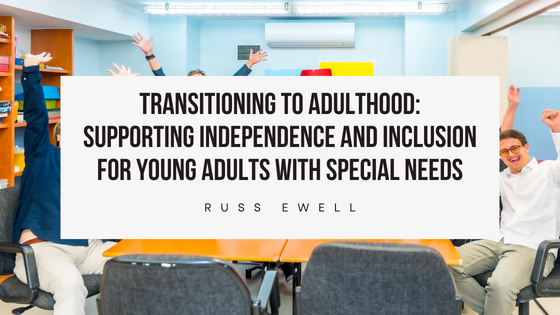In recent years, social media and technology platforms have revolutionized how we connect, communicate, and interact. From shaping our social relationships to influencing cultural norms and behaviors, social media and tech platforms have profoundly impacted society and culture. This blog post will explore how social media and tech platforms have transformed our lives and examine the implications for society and culture.
1. Connectivity and Communication
One of the most significant impacts of social media and tech platforms is their ability to facilitate connectivity and communication on a global scale. Platforms like Facebook, Twitter, Instagram, and WhatsApp allow individuals to connect with friends, family, and acquaintances across distances in real time. This unprecedented connectivity has transformed how we maintain relationships, share information, and stay informed about the world.
However, while social media has the potential to bring people closer together, it can also contribute to social fragmentation and polarization. Filter bubbles and echo chambers, where individuals are exposed only to information that aligns with their beliefs and viewpoints, can exacerbate societal divisions and hinder constructive dialogue.
2. Cultural Influence and Trends
Social media and tech platforms have become powerful drivers of cultural influence and trends, shaping everything from fashion and music to language and entertainment. Influencers and content creators wield significant influence over their followers, shaping consumer preferences and driving trends in popular culture.
Moreover, platforms like TikTok and Instagram have democratized content creation, allowing individuals to share their creativity and express themselves innovatively. This culture democratisation has led to new voices and perspectives, challenging traditional power structures and amplifying marginalized voices.
3. Information Sharing and News Consumption
Social media platforms have transformed how we consume and share information, providing a platform for citizen journalism, grassroots activism, and real-time news updates. However, the rise of misinformation, fake news, and disinformation campaigns has also become a significant challenge, undermining trust in traditional media and institutions.
Tech platforms like Google and Facebook have been scrutinized for amplifying misinformation and facilitating the spread of harmful content. In response, these platforms have implemented measures to combat misinformation, including fact-checking initiatives, content moderation policies, and algorithmic changes to prioritize credible sources.
4. Privacy and Data Security
The widespread adoption of social media and tech platforms has raised concerns about privacy and data security as tech companies collect, analyze, and monetize users’ personal information and online behavior. Data breaches, privacy scandals, and concerns about surveillance have fueled calls for greater transparency, accountability, and regulatory oversight of tech platforms.
In response, governments worldwide have enacted data protection laws and regulations, such as the European Union’s General Data Protection Regulation (GDPR) and the California Consumer Privacy Act (CCPA), to safeguard individuals’ privacy rights and hold tech companies accountable for their data practices.
Conclusion
Social media and tech platforms have transformed the way we connect, communicate, and interact with one another, profoundly shaping society and culture. While these platforms offer unprecedented opportunities for connectivity, creativity, and information sharing, they also present privacy, misinformation, and social fragmentation challenges.
As we navigate the complex and evolving landscape of social media and technology, it’s essential to critically examine their impacts on society and culture and work toward solutions prioritising transparency, accountability, and protecting individuals’ rights and well-being. By harnessing the potential of social media and tech platforms for positive social change and cultural enrichment, we can create a more inclusive, informed, and connected world for future generations.


